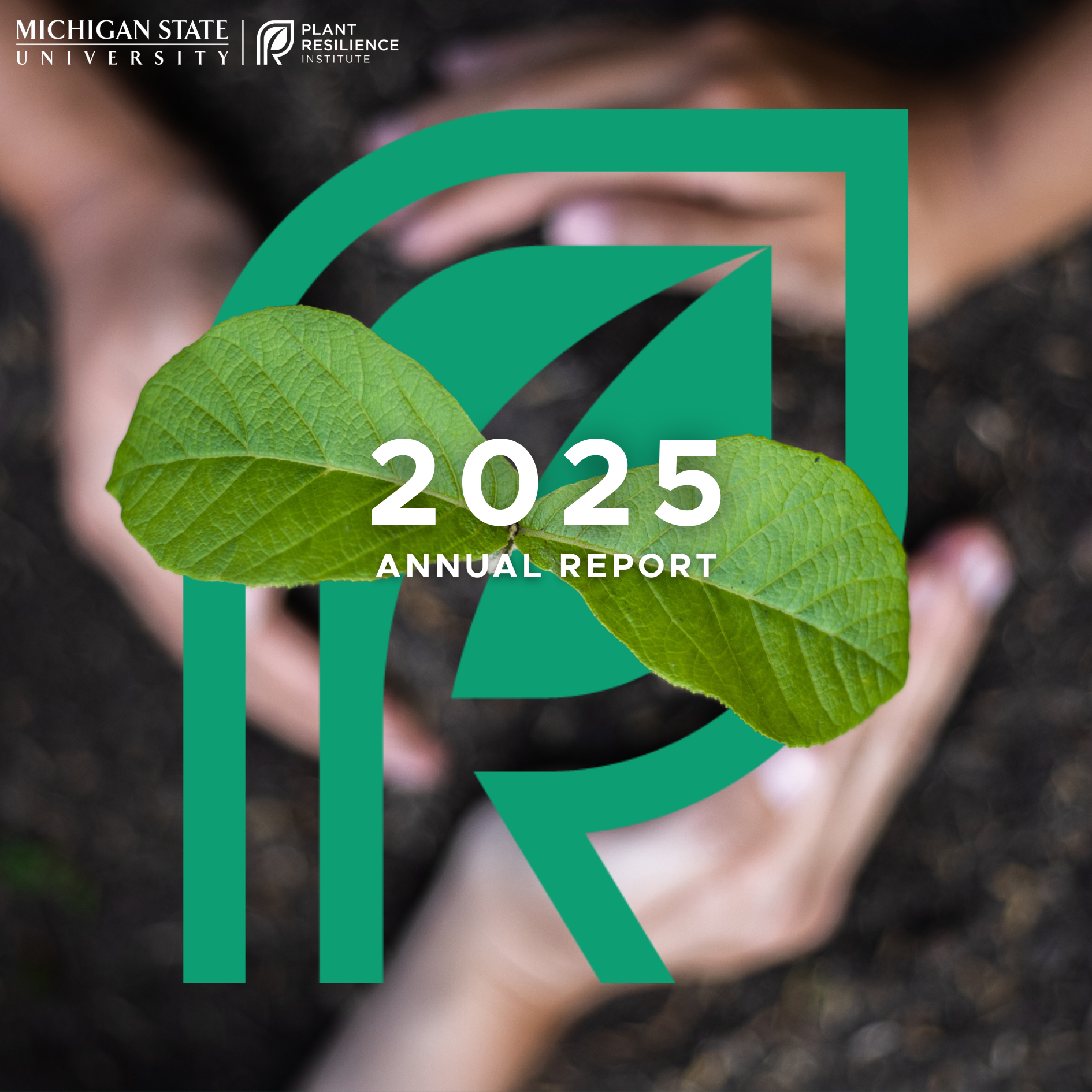New Study shows how plant myo-inositol transport influences bacterial colonization phenotypes
Plants grown in distinct environments often harbor similar microbiomes, which suggests highly conserved mechanisms for the establishment and maintenance of specific plant-microbe interactions.
While the concept of trees chatting away with each other through the forest floor has popped up in popular culture recently, there is still much work to be done to identify the details of complicated relationships among plants, fungi, soil, bacteria—and even mammals.
In a new study published in Current Biology, PSM’s Dr. Sarah Lebeis and team used a vast dataset provided by Oak Ridge National Lab to identify how plants employ a common sugar to control how bacteria colonize their roots.
This study, which includes funding by Science Alliance at the University of Tennessee and Dr. Lebeis’ PSM funding, has identified a role for myo-inositol in mediating microbial root colonization phenotypes. Importantly, Sarah says, “we provide evidence that host control of this compound potentially mediates plant-microbe interactions across divergent hosts (poplar and Arabidopsis), bacterial phyla (Proteobacteria and Actinomycetes), and abiotic conditions (natural environmental and controlled laboratory conditions).”
Through several wide ranging experiments on two separate organisms, this research shows how plants use this metabolite to influence the community of bacteria that get inside the root tissue –in kind of a cool, inter-kingdom communication system.
Using targeted gene knockouts in Arabidopsis and a bacterial strain shows promising results. “This work is really exciting because we were able to test and confirm predictions from a large dataset featuring Poplar—a common bioenergy crop,” Sarah said.
“These predictions rarely hold true across just different systems and highlight that this is potentially an important metabolite mediating bacterial colonization of plants. Previous work consistently demonstrates that microbial mechanisms for stealing or catabolizing host-derived myo-inositol is important in various pathogenic and beneficial interactions. Here, we extend this importance to commensal bacteria. Because inositol serves such a critical role to all eukaryotes, and much research surrounding its importance has been conducted in mammalian patho-systems, the potential ramifications of our findings ripple far beyond plant systems.”
As well, Sarah says “Our collaborators similarly found that myo-inositol alters bacterial behaviors important for colonization, and their manuscript will be published in the same issue of Current Biology.”
By Patty Bonito. Orignal story can be found at: https://www.canr.msu.edu/news/new-study-shows-how-plant-myo-inositol-transport-influences-bacterial-colonization-phenotypes



